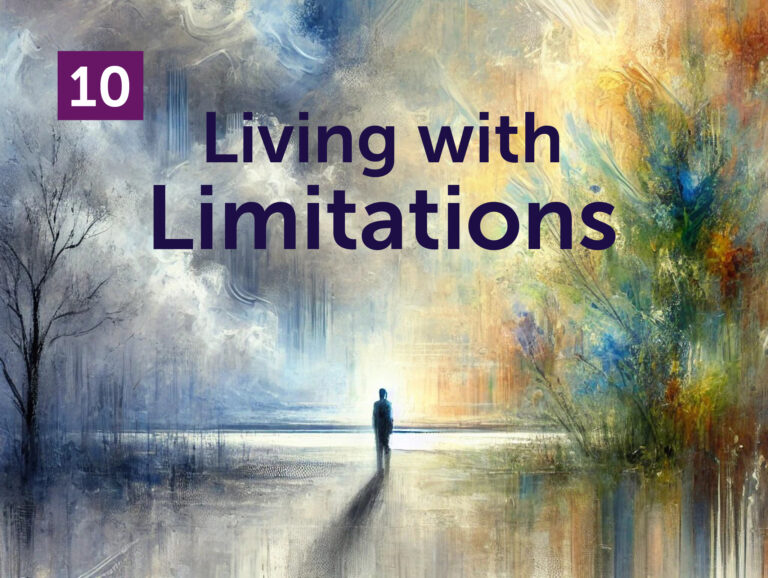Simon
Hi Charlotte. Please tell us a little bit about who you are: your life, your faith, the things that you have done in your work and life and what you’re passionate about. Something so our readers can know a little bit about you. And also why we might have asked you to talk about this.
Charlotte
These are the hard questions, aren’t they?
So, I’m Charlotte Naylor Davis. I call myself a biblical scholar by training and have a PhD in biblical studies. But before that I was a youth worker and community worker and church leader for a bit before I ever went to university. I didn’t go to till I was 27 and there I got addicted to nerdy, nerdy, biblical studies. I’m a bit of a nerd about the bible.
And at the moment I am also the lay minister of a church in Leeds.
My overarching interest is ‘how did we come to think the bible means what we think it means? And what that’s led me into this is writing about interesting things like heavy metal, science fiction and the bible – so my last published work was on the works of Octavia Butler, the Parable of the Sower, and how she constructs a new religious literature, because I think that gives us insights into how the Bible is constructed and works as religious literature.
I am a disabled person and I have ME/CFS and I’ve been disabled for about 15 years now. More recently I’ve come to terms with the language of disability, which is a whole journey I’m sure we’ll talk about. I’ve also started looking and researching into disability theology. Particularly, again, nearly always with a bent towards biblical studies, because that’s just where I come from. I go back to the Bible all the time. That’s where I go to figure out my starting point. I think partly because I just like having a solid thing in front of me. I love theology. But I also find myself taken away by my own imagination. So the Bible is a weirdly, nerdy, solid point that I can go to: What does this verb mean? – but sometimes I can use that to distract myself as well. (ha).
Simon
Are you one of these people that really, really gets excited by stuff like parsing verbs?
Charlotte
Yeah. So for all I write about heavy metal, and people think that’s really cool, my actual PhD thesis is about translation methodology. And, in doing that, I had to translate 1 Corinthians a million times over and over again. And I am absolutely obsessed with conjunctions. I think they’re the most important thing in Bible translation, and we all need to get on board with that! I heard myself say to a class “you don’t understand! This is where conjunctions get really exciting.” And then lie down because ohh, all my cool points are gone.
People look at me and they’re like Charlotte’s tattooed and pierced, and she writes about metal. But I just want to tell you about how great conjunctions are in Greek and how they change everything.
Craig
Yeah, I’m certainly with you on that. Conjunctions link ideas together, and should make it more difficult for us to tear words out of their context. How much thinking do you do about the actual culture that the text is speaking from and to?
Charlotte
A lot. I think so. My thesis was actually about how we how we judge modern translations against the original text, and what’s going on in that process of translation which is across language but also across both time and culture. And I think, as much as you can sit down with the dictionary and some great linguists can tell you that this word meant that in the 1st century context, the way we receive our texts (and we’re going to talk about this with disability), the body we receive our texts in, the language that we hear them in, the experience within which we receive the Bible really matters, and it therefore matters to know what it was originally. We may never know all of that context in the 1st century because it’s too long ago (and again we can talk about this when it comes to disability), but if the passage is on disability, for example, it’s imperative we understand what’s happening with disability in the 1st century before we tell disabled people in the 21st century that they have to behave like a leper, or receive Jesus like the blind man in John 9. Because these things shift massively over time. And so yeah, to understand the Bible and to think of it with our modern mind, it doesn’t mean we have to be perfect and know all of it (our context is as relevant as the 1st century context), but we have to know what we’re doing.
I think that I’m a big advocate for being honest. Sometimes I use the Bible entirely for reflective, personal, theological or spiritual reasons, maybe I’m reading a Psalm because I want something to elevate me – that’s totally OK – but it’s not OK to pretend that that’s the only way you can read it.
Craig
I agree completely.
to be continued…
Do you have any comments or questions? You can contact us here: hello@northumbrian.org


